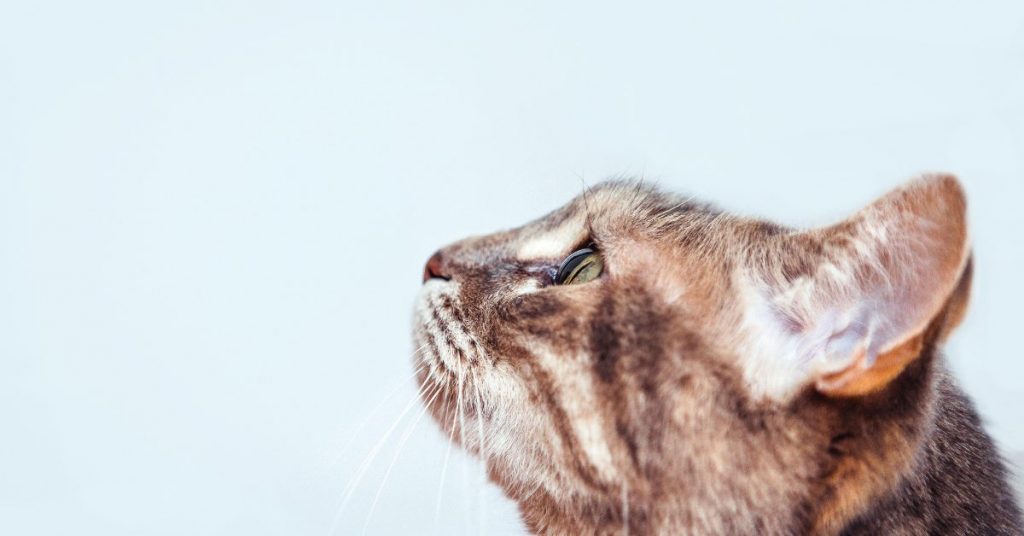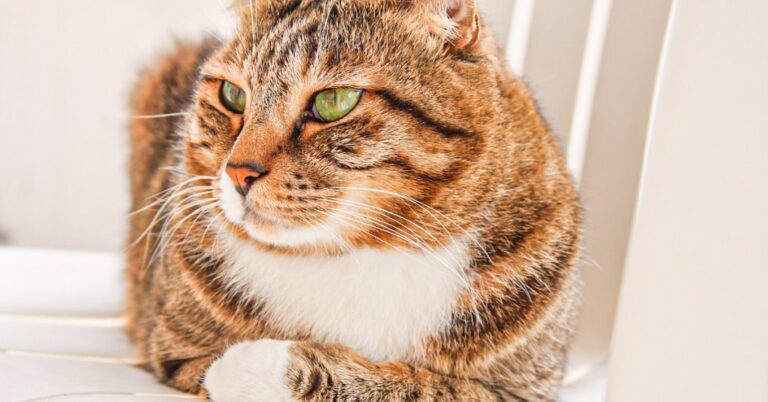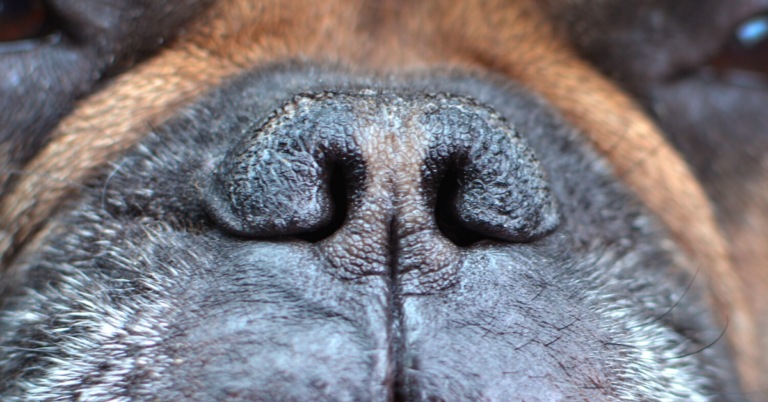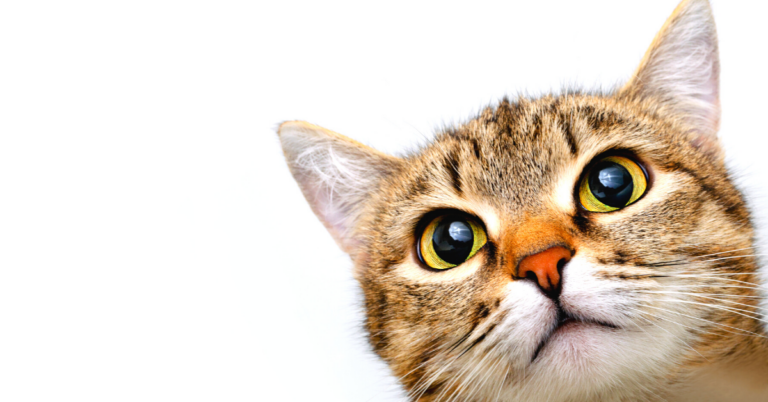Can Cats Get Parvo? (Complete Guide)
Reviewed by Erica L. Tramuta-Drobnis, VMD, MPH, CPH
We often hear about parvo outbreaks in dogs, but what about cats, can cats get parvo?
As always being a responsible pet owner means that the more we know about diseases that affect our pets the better lives our pets will have.
In this short blog we will take a closer look at the feline parvovirus and what it means for cats.
What is Parvo?
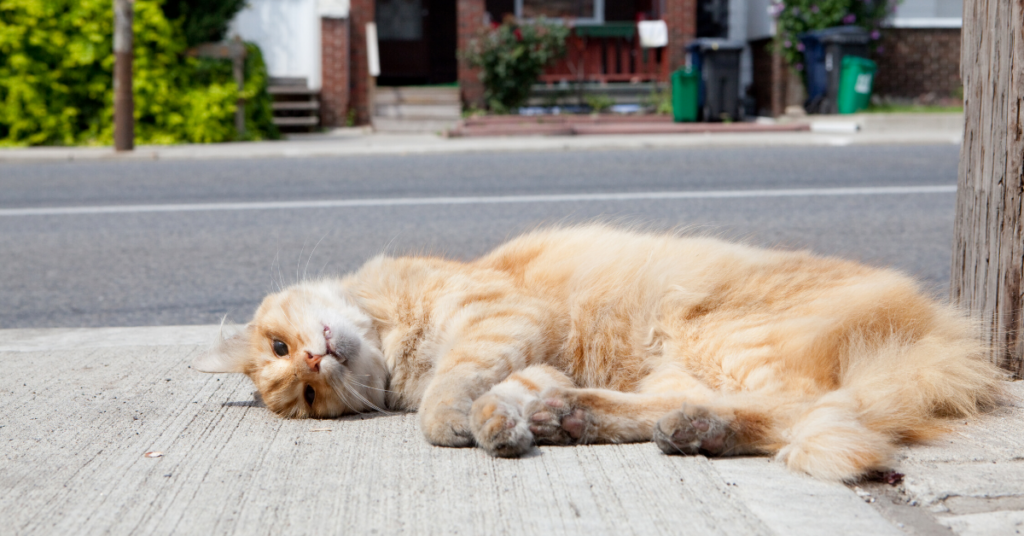
It is a dangerous infection that causes extensive damage to the gastrointestinal tract, nervous system, and immune system.
There are several parvoviruses, some affect dogs, some cats, and some even humans.
They are all different strains and cannot crossover to infect one another.
In this post we will be discussing the feline parvovirus which affects cats, and not dogs (or humans).
For more information on strains of canine parvovirus click here.
Can Cats Get Parvo?
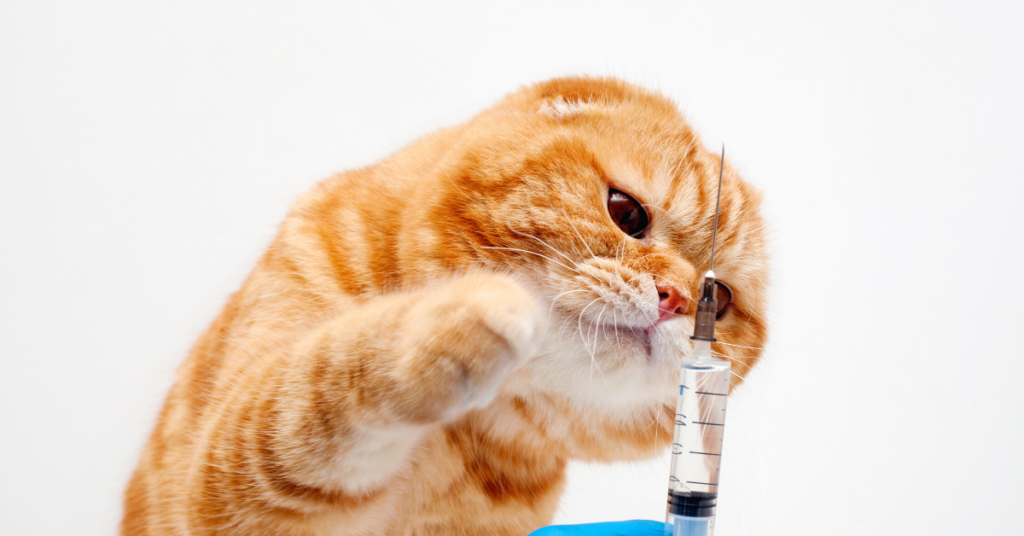
In cats the feline panleukopenia virus (FPV) is the strain of the parvo virus that infects our cat friends.
It is a highly contagious disease that depletes the white blood cell count in cats causing secondary infections.
Cats that are not vaccinated against this disease are vulnerable and will fare badly if infected.
Symptoms of Parvo
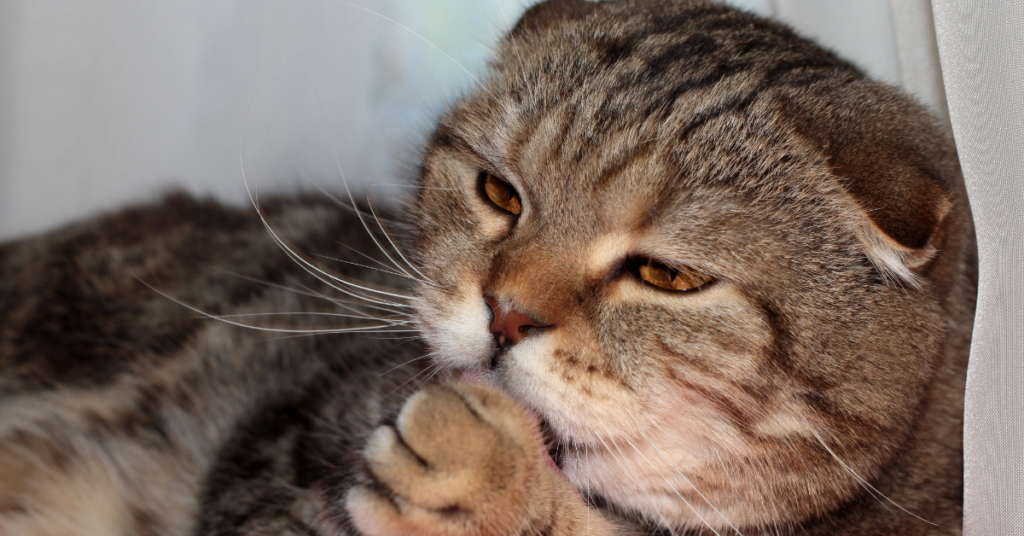
Typically vomiting and diarrhea are some of the first symptoms to show themselves even though sudden death can occur.
A cat may stop eating, act withdrawn, have a fever, nasal discharge and suffer from dehydration.
A cat may sit for long periods in front of its water bowl without drinking.
Call a veterinarian immediately if you see these signs and suspect feline parvo.
Diagnosing Parvo
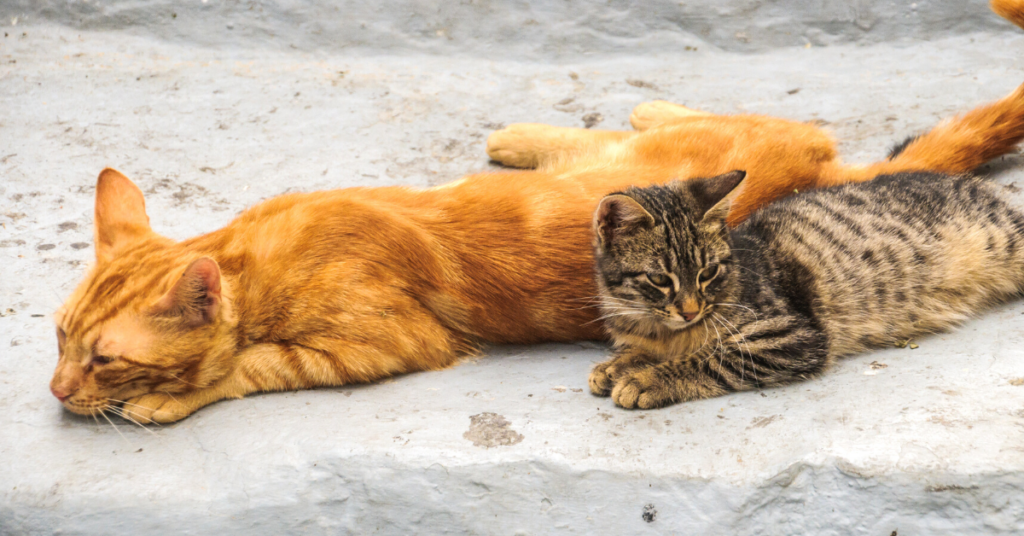
Blood tests looking for a white blood cell count, and stool analysis will confirm that a cat has parvo.
Of course all the symptoms described above will be observed by the veterinarian as well.
Any information about exposure to an infected animal will also be included in finding the diagnosis for this disease.
Treatment Options for Parvo
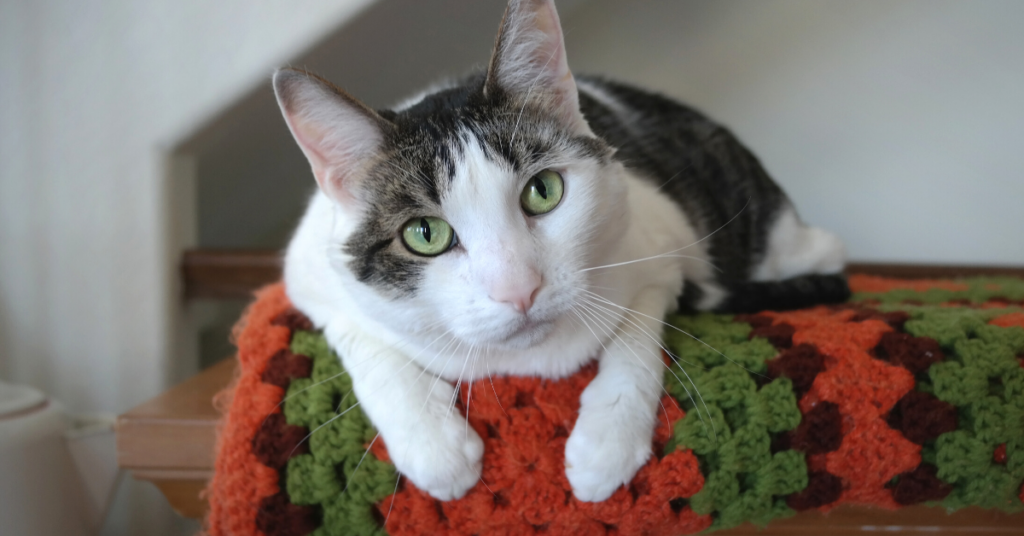
There is no cure for parvo since it is a virus, and the reason why having your kitten vaccinated is so important to do.
Older cats have a better chance of surviving, with kittens under eight weeks old having a very poor prognosis.
The best course of action is to use medications that can support the cat’s overall health.
Providing intravenous fluids and supporting immune system health so that the cat’s immune system can fight off the disease is a big part of the treatment.
Antibiotics are often used, not against the virus, but to protect and cure any secondary bacterial infections.
If caught early and treated vigorously a cat will have a much better chance of survival.
How to Prevent Parvo
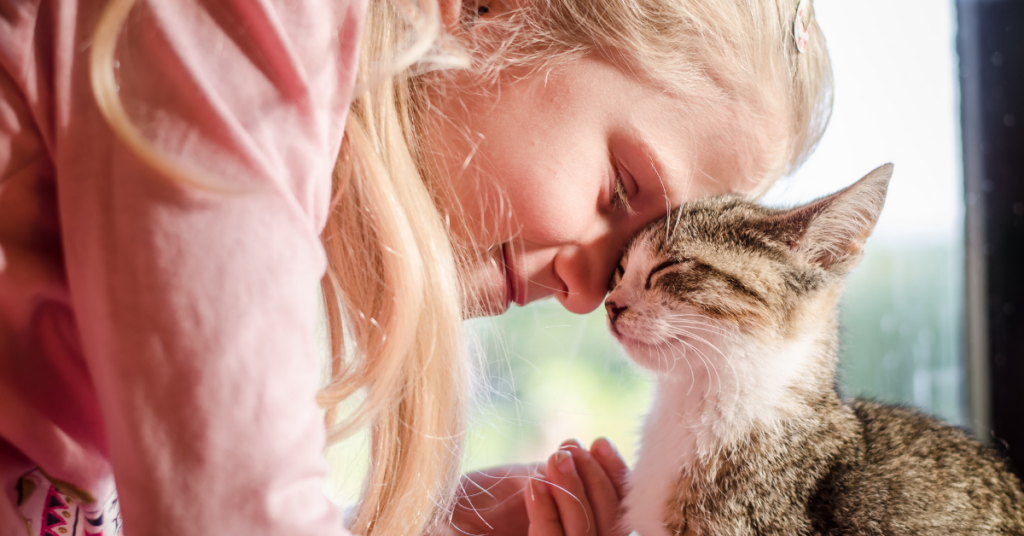
It is very important to vaccinate all kittens to help keep the virus in our communities to a minimum.
Cats that have survived the disease will have immunity which can be temporarily passed to their kittens.
But then all kittens should be vaccinated at six to eight weeks to prevent them from contracting the virus.
The virus can remain in the wider environment for long periods of time, so vaccination is crucial.
When to See a Veterinarian
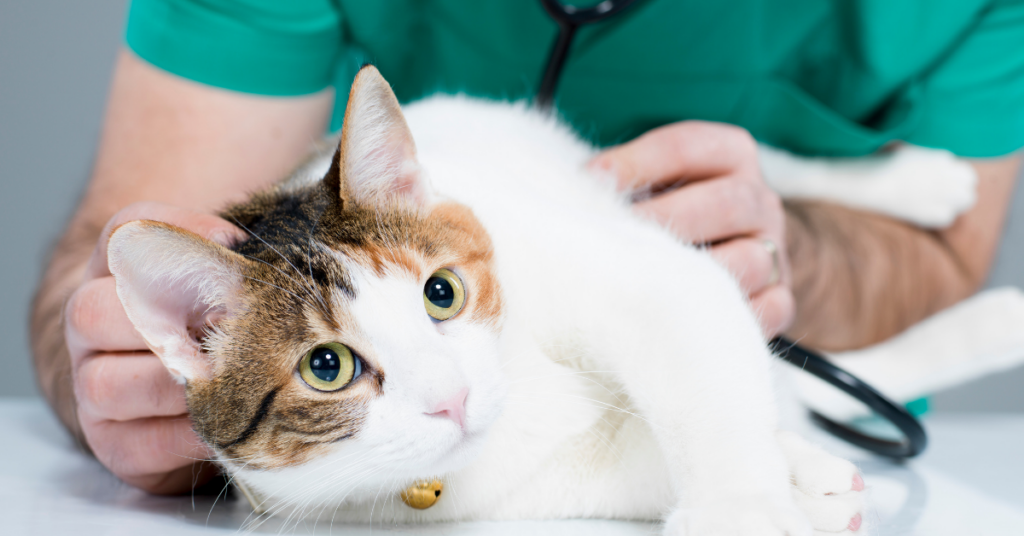
If your cat has not been vaccinated, or your cat is showing the symptoms that we covered above, call your vet.
Always better to be safe than sorry is a good motto to live by with your pets!

